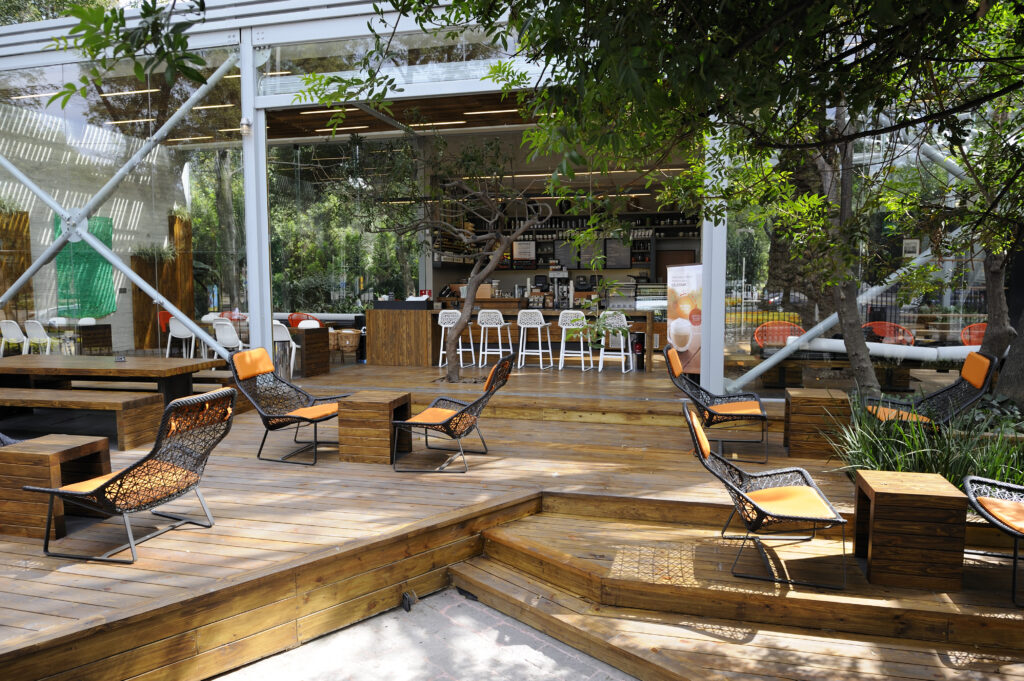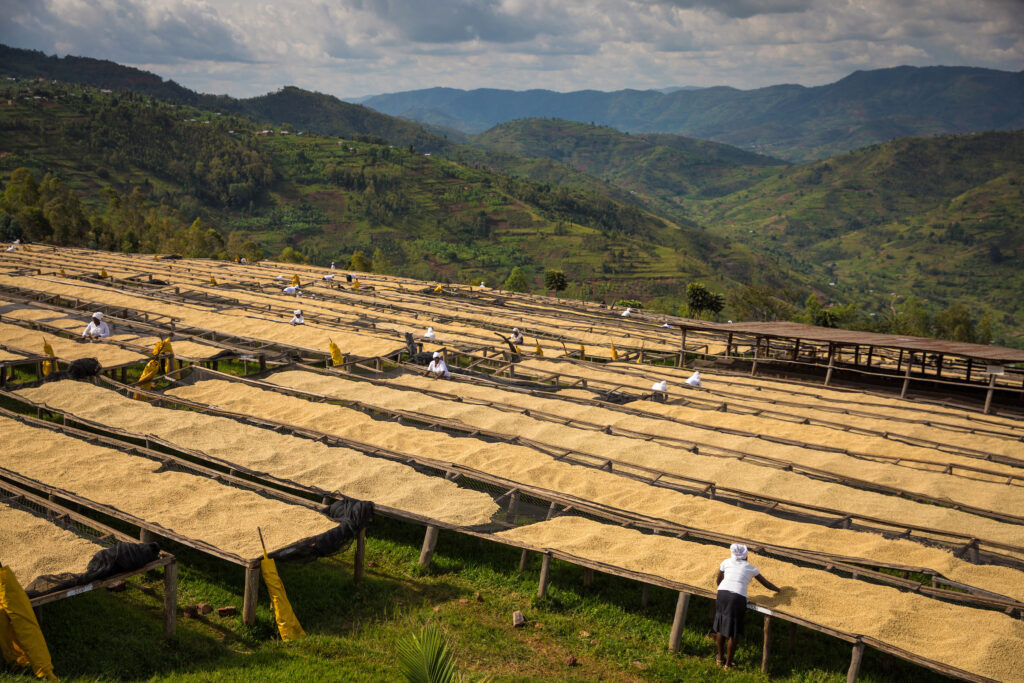Starbucks has issued a $1 billion sustainability bond, the company’s largest to date. Proceeds from the bond will go to projects designed to assist coffee farmers and build a more robust and sustainable supply chain, as well as to the company’s “Greener Retail” initiative.
The $1 billion sustainability bond is the largest ever in the global coffee sector. Starbucks issued its first sustainability bond, at $500 million, in 2016. At the time, it was considered an innovative means of corporate financing for sustainability projects. The company followed that up in 2017 with another corporate sustainability bond, worth 85 billion yen (approximately $773 million, as of this writing) on the Japanese market.
It is the proceeds from each of these bonds that are earmarked for the related sustainability initiatives, giving shareholders an opportunity to invest in sustainability-focused initiatives while still receiving returns on their investments through the life of the bond. This latest $1 billion sustainability billion bond — which is actually part of a $2 million bond package that includes a $1 billion general corporate bond — has a repayment term of 30 years.
“We are very pleased to see that our new Sustainability Bond attracted significant investor interest and was oversubscribed,” Starbucks CFO Patrick Grismer said in an announcement of the bond issuance last week.

A Starbucks location in Chapultepec Reforma, Mexico, that utilizes an open-air concept with integrated landscape features. Starbucks press photo by Guillermo Su Rez.
The sustainability bond will include investments on two sustainability fronts: support for coffee farmers to help build a stronger coffee supply chain; and greener retail.
Coffee Supply
In the first category, Starbucks plans to further grow its in-house coffee certification program called CAFE Practices. The company plans to also invest in its various farmer support centers throughout the world, and to offer new and refinanced loans to coffee farmers through its $50 million Global Farmer Fund.
Through a relationship with the Zurich, Switzerland-based development investment firm Responsability the bond will also fund a $20 million invest investment to provide debt financing to coffee producer organizations in Latin America, Africa and Asia, according to Starbucks.
Retail Investments
Starbucks announced last September that it plans to design, build and operate 10,000 “Greener Stores” globally by 2025 — despite the idea that aggressive brick-and-mortar retail growth is the very antithesis of environmental sustainability.
Starbucks said the store growth plan will follow an open-source framework that the company developed in partnership with the World Wildlife Fund and SCS Global Services that will improve energy efficiency, renewable energy, water stewardship, waste reduction and more.
Bond proceeds will also support Starbucks’s efforts to develop greener cups and packaging, the company said.
According to the bond terms, Starbucks will be publishing annual updates on its website of the allocation of the proceeds until they’ve been fully allocated to each project meeting the eligibility criteria.
Nick Brown
Nick Brown is the editor of Daily Coffee News by Roast Magazine.
Comment
3 Comments
Comments are closed.







Hmmm, let me see…We loan Starbucks a billion dollars so that they can do what we are all supposed to do – create stronger supply chains (for themselves), improve their in-house and somewhat questionable marketing program called CAFE Practices (for themselves), and build more retail stores (for themselves). Yeah, that sounds like a great use of our resources – fund Starbucks growth!
Wake up people! These “Green Development Bonds”or “Sustainability Bonds” are a scam to bring your dollars into Starbucks pockets so they don’t have to spend their own money and don’t have to go to a bank to borrow for their own growth, all wrapped up in the warm and fuzzy language of doing it for the planet and for you, dear.
“Sustainability” already has an overblown usage, it just got worse. Or maybe they are just telling the truth after all – it is a “Starbucks Sustainability Bond”!
Coffee Prices are at decade lows. Investing in farmers and helping them grow more efficiently conveniently helps keep supply high and therefore prices low. Whats the point of teaching someone how to double their crop output each year if their product is worth half the price?
Doubtful that this will really solve the problem of supporting the coffee farmer in terms of actual financial sustainability that will benefit the coffee farmer compared to Starbucks. If Starbucks wants to put its OWN money where its mouth is at, then it should invest in the farmers directly from its revenue without even using bonds at all.